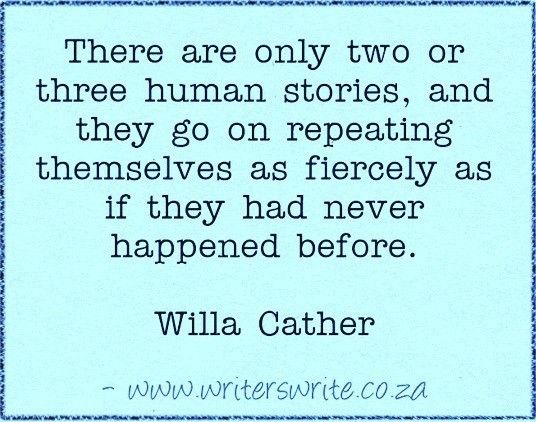Greetings, all, and I hope you had a very Merry Christmas. There's still New Years to come, and doubtless more family get-togethers, and the NCAA football National Championship! Okay, maybe that last one is just exciting for me. Today, I'm trying to catch up on some much-needed rest, and do some reading, and just in general cleanse myself of social media overload, while also getting into the proper mindset for 2019.
To bring it back to football again, 2018 was a bit of a building year for me. Lots of research, lots of learning, some lessons less pleasant than others. Lots, and lots of writing. Over 620k words worth. I've got so many WIPs to complete, and my main goal for next year is to approach my writing, and my business, with a different mindset. 2019 is going to be a year for shutting out the noise, and keeping productive. For expanding offerings, and growing as both an author, and an artist.
I released two novels in 2018, Red Rooster, and Prodigal Son.
Red Rooster is book two in my Sons of Rome Series, a paranormal fantasy saga that features (my own versions) of real figures from history. Book one, White Wolf, opens the series with a trip back to the Soviet Union during WWII, and introduces us to two of our most important central characters, Nikita and Sasha, a secret police captain and his Siberian charge, caught up in a supernatural plot to win the war against Hitler. Both turned immortal by the end of the book, Nik and Sasha now live in New York, where they're forming a new pack, one of which is Nik's great-granddaughter, Trina Baskin, an NYPD homicide detective.
Book two continues their story, and introduces us to a host of new players, including mage Red, her human protector Rooster, and the warriors of Lionheart - led by Robin of Locksley and his men, werewolves from the days of the Third Crusade.
Book three, Dragon Slayer, is my current main project, expected out next month, and tells the story of the mysterious Val - dream-walker, questionable ally, and younger brother to Vlad the Impaler. DS takes us all the way back to Romania in the fifteenth century, from the siege of Constantinople, to Dracula's famed Forest of the Impaled, and ties into our modern day storyline.
DS was the brunt of my workload this year; between story-mapping, writing, and research, it's been a massive undertaking, one I'm incredibly proud of, and can't wait to share with everyone.
My other release was Prodigal Son, book three in the Lean Dogs Legacy series, which is a spinoff of the main Dartmoor Series. While this novel technically belongs to Charlie Fox, the enigmatic problem-solver of the club, its focus is wide, and features POV moments from all his half-siblings as well. In PS, we finally meet Fox's father, the oft-mentioned Devin Green, and we learn who he is, and why he sired nine children from nine different women. We also meet Charlie's ex, Eden, a former MI5 agent turned PI, and her driver/assistant, an American named Axelle, raised up driving fast cars in Tennessee, and running from the bad memories she left behind there.
The novel contains not one, but two romantic storylines, though the action of the book is largely dedicated to the mystery around Devin Green, and his kids' reactions to learning the truth.
While the last in the spinoff series, PS is a springboard for Dartmoor books to come, the next of which, book seven, When In Rome, is expected early next spring; the story of Kris and Roman, who we met in American Hellhound.
Both these new releases, as well as some others in the works, will be made available for pre-order, and I'll post the links as soon as I have them. As you can see, 2019 is going to be busy! As such, I'd really like to parse my social media usage down to the bare necessities. Readers can find me here:
Instagram is my favorite platform by far, and where I do the most behind-the-scenes talking. I post teasers every Tuesday from my WIPs, and occasionally post videos in my story.
Facebook and Twitter are great places to find official links and release dates. If you follow me on Facebook, please be sure to actively "Like" the page, rather than just "Follow" it. Likes help boost my visibility!
Here on the blog, I'll be talking about my inspirations and thought processes - the inside scoop on my writing, with occasional bonus material thrown in. You can email me at authorlaurengilley@gmail.com, but please be aware that I'm not taking requests for books, or entertaining any kind of manipulative language. Any emails that try to convince me that one of my books is "better" than one of the others will be immediately deleted and not responded to. That goes for messages on other platforms too. I'm always happy to answer questions, but I'm instituting a zero tolerance policy on BS this year.
Okay, I'm off to write! I hope everyone has a wonderful rest of their holiday season, and I hope you're excited about 2019, because I know I am. Lots of good stuff coming.


















